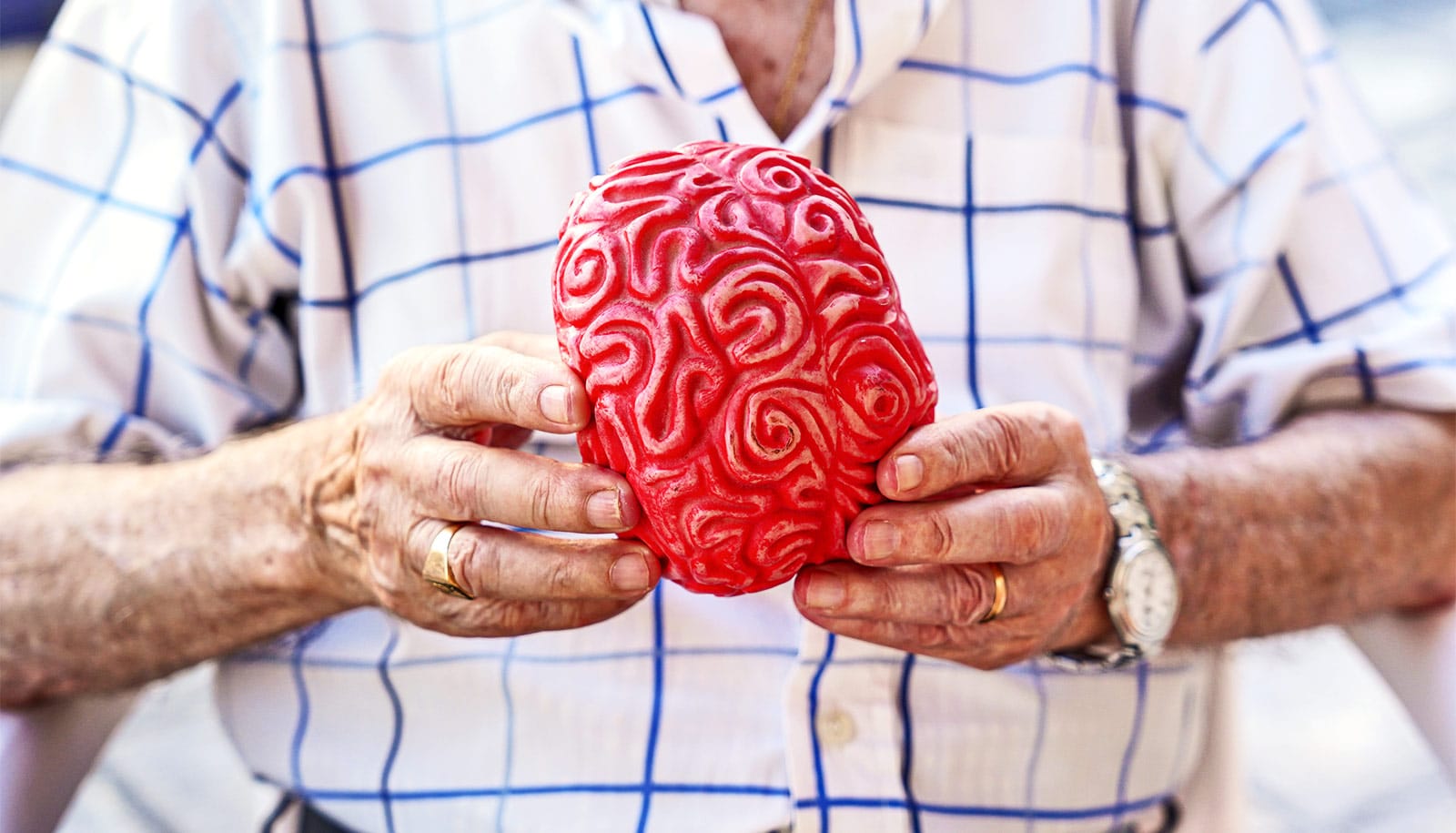Your chronological age and your biological age are two different things, says geriatrician Andrea Maier. Being 80, for example, can look very different for two different people.
“Already in the 20s, 30s, we can really see who is aging faster, or the ones who are lucky, aging in a slower pace,” adds Maier, a professor at the University of Melbourne.
In this podcast, hosted by Andi Horvath, Maier describes what happens to our cells as we age, and explains the causes of age-related diseases.
She has some hard-to-hear advice regarding diet and exercise, as well: “We are very, very lazy and we are a very lazy species and we just have to overcome that.”
Listen to the conversation below or read a transcript of the interview.
Are you aging faster or slower than your friends?
Source: University of Melbourne



